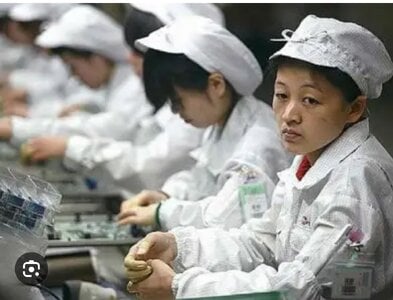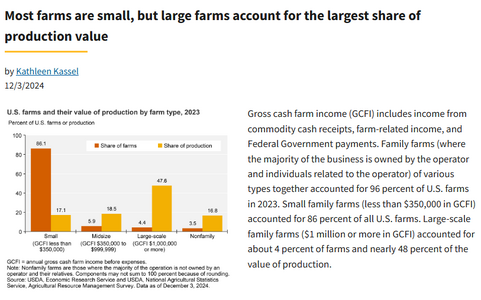Tigerlilyrosepetal
Shiny_Rock
- Joined
- Feb 16, 2021
- Messages
- 451
I’m much more interested in how the current economic policies will affect the jewelry/diamond industry directly as opposed to the soybean or iPhone. I think the business of selling diamonds and jewelry, in general, is not easy. Recently, there has been a lot of hits to the industry, including the introduction of lab diamonds for sale, the Ukraine war, and Covid disruptions. I can see how diamond sellers would balk majorly at yet another hurdle in the tariffs.
Curious, if someone can expound on the future trajectory of the business and sale projections? And/or costs increase?
Curious, if someone can expound on the future trajectory of the business and sale projections? And/or costs increase?






300x240.png)